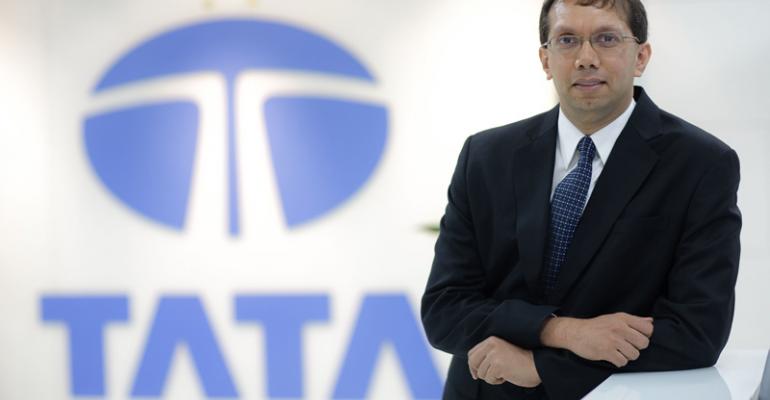Indian auto maker Tata says it will decide between Thailand and Indonesia as the site for a TB10 billion ($318 million) assembly plant to serve the Association of Southeast Asian Nations market.
Tata Thailand CEO Ajit Venkataraman says a final decision on the location of the plant, with an annual capacity of 50,000 to 60,000 units, will be made within 18 months.
“One main reason that we have not yet marketed compact vehicles seriously in Thailand is that the country has set very high tariffs for completely built-up units imported from India,” Ajit tells The Nation. “To be competitive, we need to set up our own assembly plant in the country or in ASEAN.”
Ajit’s remarks come at the launch of two Xenon Giant heavy-duty pickup trucks in diesel and compressed-natural-gas variants. He says Tata is the first auto maker to bring pickups with heavy-duty rear axles to Thailand.
“Thailand is our first business location in ASEAN, and we have now appointed Thonburi Automotive Assembly Plant to assemble Tata Xenon vehicles,” he says. “The policy of Tata for Thailand is to focus on commercial vehicles.”
Tata Thailand Large-Commercial-Vehicles Director Sompong Pholjitcharoon says market integration within the ASEAN Economic Community, which takes full effect in 2015, will centrally position Thailand for road transport from Singapore to southern China and from Myanmar to the Gulf of Thailand and Vietnam.
“Thailand will become a key land bridge for cargo transport by truck in the region, as long as the rail system remains inadequate,” Sompong tells reporters.
To meet this demand, Tata plans to introduce light and utility trucks to the Thai market to complement its heavy-duty commercial vehicles after its sales and service network becomes strong enough to serve local customers, possibly after 2015.
“We are now ready to go full speed ahead with heavy-duty vehicles,” Ajit says.





